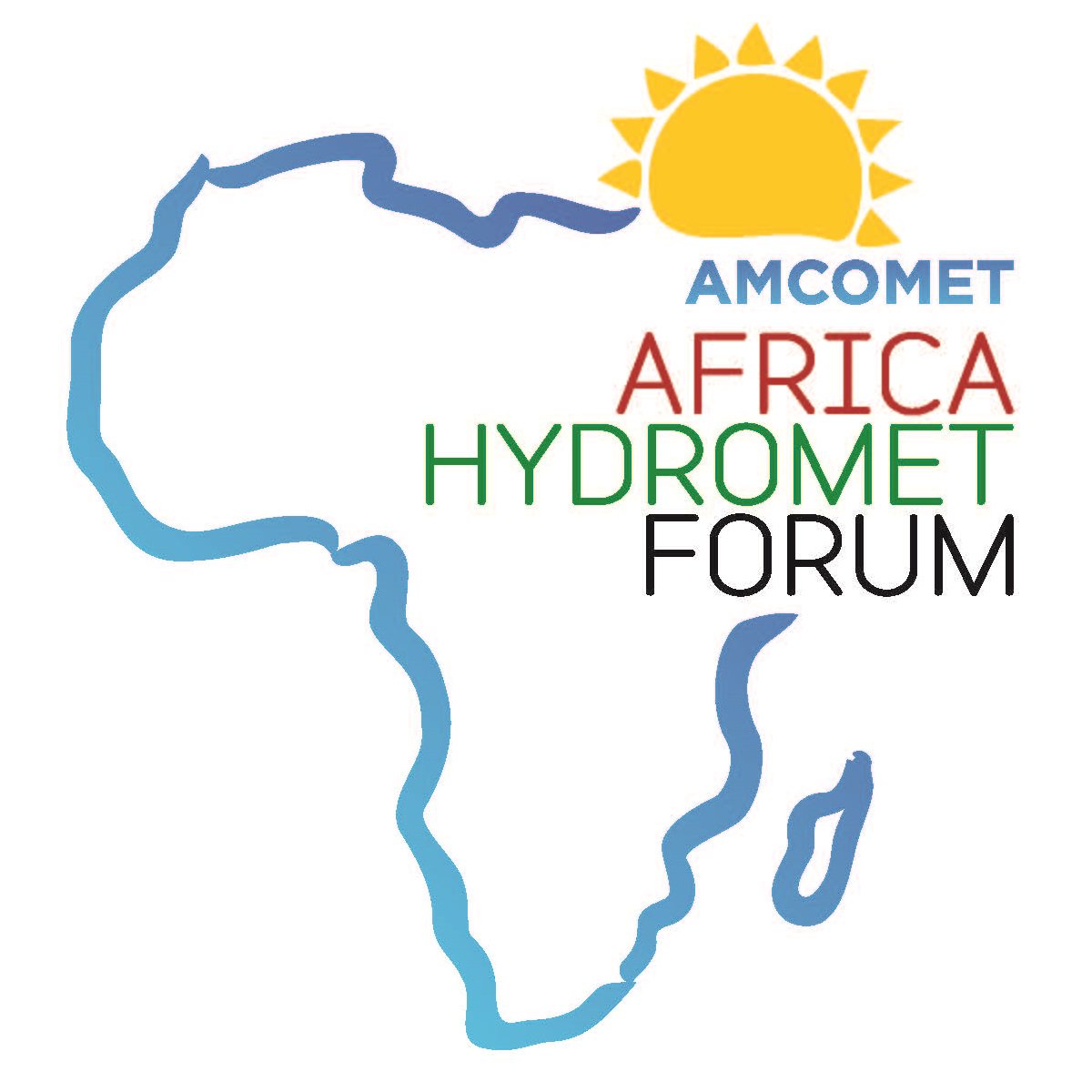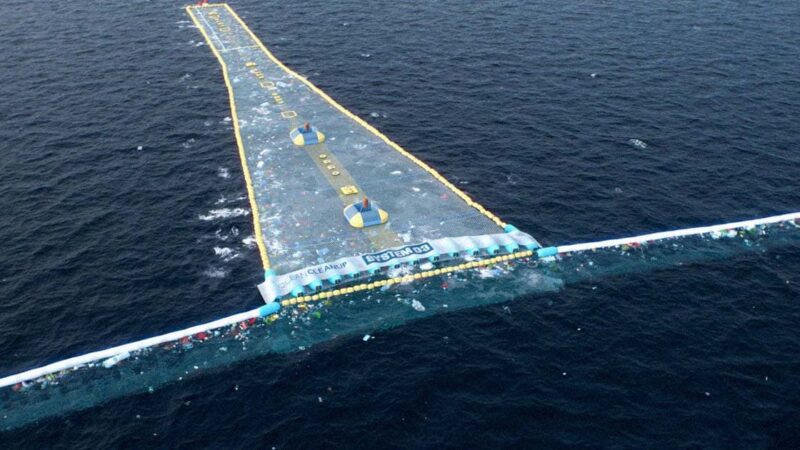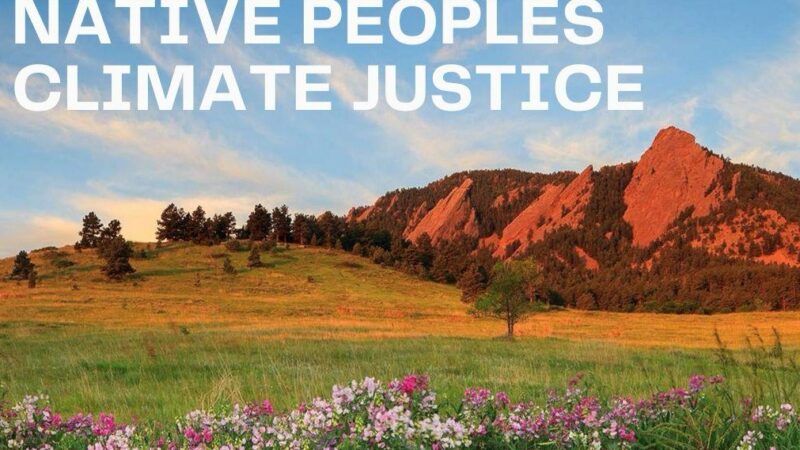AMCOMET-AFRICA HYDROMET FORUM
12-15 September 2017
Forum Schedule
Strengthening Climate and Disaster Resilience in Africa for Sustainable Development
The Role of Weather, Water and Climate Services
African Union Commission Headquarters
Addis Ababa, Ethiopia
CONCEPT NOTE
Background
Africa has a land mass equal to that of Europe, USA, China and India. Although it accounts for only 4% of global greenhouse gas emission (GHG), the continent is the most vulnerable to the adverse impacts of climate change, owing to its limited adaptive capacity. This leads to the urgent need for weather, water and climate information and advice to inform adaptation planning to help build climate and disaster resilience of communities and economies of the continent. This low capacity to adapt to climate change is further exacerbated by the fact that many African economies are low-income – 34 of the 48 Least Developed Countries (LDCs) of the world are on the continent. Governments are often struggling with competing priorities for investment, and the National Meteorological and Hydrological Services (NMHSs) are rarely prioritized. Inadequate funding inhibits the NMHSs in providing the much-needed services to contribute to climate-resilient development and adaptation planning. Hence, less than 20 percent of Sub-Saharan African countries are providing reliable weather, water and climate services to their people and economies.
Africa’s development, climate and resilience agendas are inextricably linked. Statistics show that about 90% of all disasters on the continent are weather and climate driven[1]. Hydro-meteorological disasters that include floods, droughts, tropical cyclones, lightning strikes and landslides continue to cause heavy damages and loss of livelihoods and lives. The economic cost of recorded weather related disasters in Africa in the last 20 years is estimated at $10 billion[2], a minimum figure given widespread under-reporting of losses. With the advent of climate change, these disasters will likely increase in frequency and intensity.
If left unaddressed, increased climate variability and extreme weather, water and climate events will jeopardize Africa’s hard-won development gains and aspirations for industrialization and growth. Improving hydrological, meteorological and climate (hydromet) services is critical to strengthening cross-cutting climate and disaster resilience across Sub-Saharan Africa. Specifically, hydromet information is a critical requirement to create an enabling environment for private and public sector to invest for growth, sustainable development and poverty reduction. The weather, water and climate services provided by NMHSs, which include early warnings, alerts and advisories for climate change adaptation, are critical for sectors that drive African economies and directly supports (i) smart agriculture; (ii) water resources for irrigation, hydropower, renewable energy and water supply; (iii) better planning for health services; (iv) improving access to safe air, marine and road transport; and, (v) reducing the socio-economic impacts of floods, drought and other natural hazards. They also support disaster and climate risk mapping, and disaster/climate risk financing and insurance solutions. Furthermore, they help contain fragility and promote peace-building by promoting sustainable natural resource management and growth, apart from boosting tourism and travel sectors that promote economic development and employment.
Against this background, Africa has the least developed observation network, with only 1/8 of the required density and less than 300 weather stations that meet the World Meteorological Organization (WMO) observation standards. NMHSs across Africa, therefore, do not have the necessary means to deliver reliable and timely weather, water and climate forecasts to end-users.
Africa Hydromet Program
For modernizing hydromet services in Africa to realize the vision of the African Ministerial Conference on Meteorology[3] (AMCOMET), the African Ministerial Council for Water[4] (AMCOW) and the Global Framework for Climate Services[5] (GFCS) and to promote climate-resilient development by scaling up support for end-to-end modernization of hydromet services, the World Meteorological Organization (WMO), the African Development Bank (AfDB), and the World Bank Group launched a collaborative framework program to support the modernization of the African hydromet Services at national, sub-regional and regional levels. Other partners such as AFD (French Development Agency), World Food Programme (WFP) and United Nations Development Programme (UNDP) have since joined the program partnership. The program is strongly supported by the Government of Japan, European Union, the multilateral Climate Risk Early Warning System (CREWS) initiative and the Global Facility for Disaster Reduction and Recovery. The Green Climate Fund (GCF) has provided guidance to the program, and has committed funding for the program’s implementation on the ground.
The case for convergence
A summary overview of different interventions in the continent for strengthening and modernizing hydromet services shows that there is a need for harmonizing the actions taken at local, national, sub-regional and regional levels by communities, governments, development partners and other stakeholders. This will maximize results from the modernizing hydromet services for cross-cutting development dividends to agriculture and food security, disaster risk reduction, water, energy, health, as the priority pillars of the Global Framework for Climate Services.
In the face of this development challenge, development partners need to ensure that they are complementing efforts for building climate and disaster resilience in Africa and supporting the mainstreaming of disaster and climate risk management in national and regional efforts through coordinated financial and technical contributions.
The integration of these climate services investments will be an important step that will set the tone for achieving 2030 and 2063 African targets. An increased collaboration and coordination between stakeholders would result in harmonized activities on weather, water and climate services, that take into consideration the capacities of National Meteorological and Hydrological Services (NMHSs) and national governments. This harmonization would ensure greater return on investment and potentially achieve successful implementation of weather and climate service initiatives at regional and national levels, where implementation is most urgently required.
AMCOMET – Africa Hydromet Forum
The AMCOMET-Africa Hydromet Forum is being convened under the leadership of the African Union Commission in partnership with the Federal Government of Ethiopia, AMCOMET, WMO, World Bank, African Development Bank, AFD, UNDP and WFP.
The AMCOMET-Africa Hydromet Forum will bring together high level representatives from African governments, regional and global institutions such as the UN, development partners, technical institutions, civil society, private sector, media and user groups to deliberate and provide insight on how existing weather, water and climate information strategies and programs can be harnessed to achieve sustainable development in the continent.
The Forum will also convene relevant continental and global experts and provide a platform to position hydromet strengthening as a pillar of Africa’s climate-resilient development and adaptation planning for cross-cutting sectoral benefits in agriculture, water, transport, civil aviation, natural resource management, environment, energy and disaster risk management, especially from the perspectives of climate-resilient economic development, industrialization and infrastructure-building. The Forum will draw on best practices and lessons from implementation of existing strategies and will propose concrete actions to be taken at the continental level to address the unique weather and climate related challenges in Africa.
The AMCOMET – Africa Hydromet Forum has multiple objectives. Some of these are:
- Underscore regional leadership to strengthening weather, water and climate services in their global public good function for climate risk management and climate adaptation;
- Serve as a platform for exchange of knowledge, information and ideas – and stock-taking of progress in modernizing the hydromet landscape of Africa;
- Become a listening post for development partners on the needs of sectors and user groups to customize programs and investments;
- Generate consensus and awareness among stakeholders about the benefits of investments in weather, water and climate services and early warning systems;
- Foster stronger country and stakeholder ownership of weather and climate service programs, results and outcomes to ensure sustainability; and
- Convene a platform for governments, regional organizations, donors, private sector, civil society, academia, technical community, youth and gender groups to discuss and design the future course of hydromet service modernization.
The AMCOMET – Africa Hydromet Forum is conceived as an Annual Forum, with the inaugural Forum scheduled on September 12-15, 2017 at the Headquarters of the African Union Commission, in Addis Ababa, Ethiopia.
Convening Partners:
- African Union Commission
- Government of Ethiopia – Ministry of Water, Irrigation and Electricity
- African Ministerial Conference on Meteorology (AMCOMET)
- World Bank
- World Meteorological Organization
- African Development Bank
- UN Development Programme
- World Food Programme
Agence Française de Développement / French Development Agency


